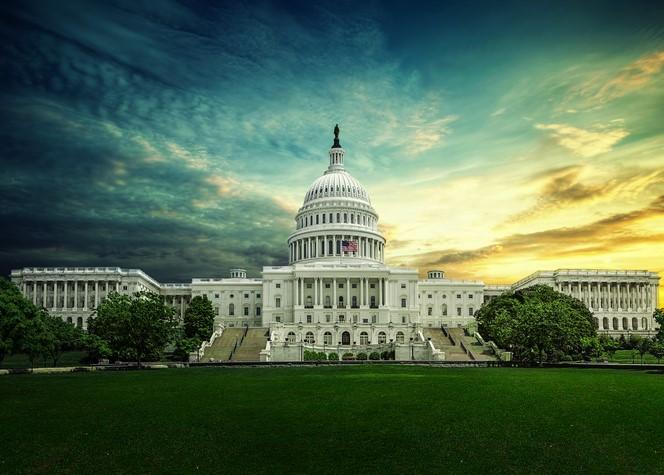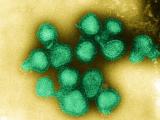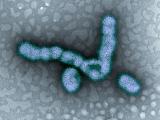The US House of Representatives yesterday passed bipartisan legislation reauthorizing the Pandemic and All-Hazards Preparedness and Advancing Innovations Act (PAHPA), paving the way for the bill to be signed into law by President Donald Trump.
First signed in 2006 by President George W. Bush, PAHPA plays a key role in preparing the country against a range of natural or man-made health threats such as pandemic flu or bioterrorist attacks. Its provisions include developing and acquiring medical countermeasures and establishing a National Health Security Strategy.
One of the major program areas is the Biomedical Advanced Research and Development Authority (BARDA). It was first reauthorized in 2013. Funding for most programs expired September 2018, and efforts to reauthorize the law have been making their way through both chambers.
The Senate passed its version by a voice vote on May 16.
Gaps addressed
In a news release yesterday, the bill's authors, Reps Susan Brooks, R-Ind., and Anna Eshoo, D-Calif., applauded the House vote. Brooks said, "I am proud this bipartisan legislation is now on its way to the President's desk to be signed into law because it will ensure our health care professionals are trained to respond to possible pandemic outbreaks, prioritize the further development of our national stockpile of vaccines, medical equipment and diagnostics, and establish new advisory groups focused on protecting vulnerable populations such as senior citizens and people with disabilities during public health threats and emergencies."
John Auerbach, president and chief executive officer for Trust for America's Health (TFAH), a nonprofit health advocacy group based in Washington, DC, in a statement applauded PAHPA's passage and bipartisan action. "The Pandemic and All-Hazards Preparedness and Advancing Innovation Act shows that we are learning the lessons from recent disasters and disease outbreaks and addressing ongoing challenges.
He notes that recent events such as the Zika outbreak and severe weather events exposed gaps in preparedness that lawmakers address in the bill, which Auerbach says makes it easier to distribute money more efficiently to address public health emergencies. Also, the bill codifies federal agency roles in managing crucial preparedness programs and ensures that awardees consistently improve their performance.
Other provisions add support for outbreak detection and reauthorized programs for research, development, and stockpiling of medical countermeasures and seeks ways to more quickly deploy them.
"Public health and health care are at the frontlines in responding to health crises large and small. The fact that Congress passed this bill is acknowledgement that health security is national security," he said.
In a news release emailed to journalists, Chris Frech, co-chair of the Alliance for Biosecurity, an industry coalition, said "PAHPA enables long-term public-private partnerships, which are essential in safeguarding public health and building resilience against chemical and biological threats and emerging infectious diseases." Frech is also a vice president with Emergent BioSolutions.
See also:
Jun 4 Brooks and Eshoo news release
Jun 4 TFAH statement




















